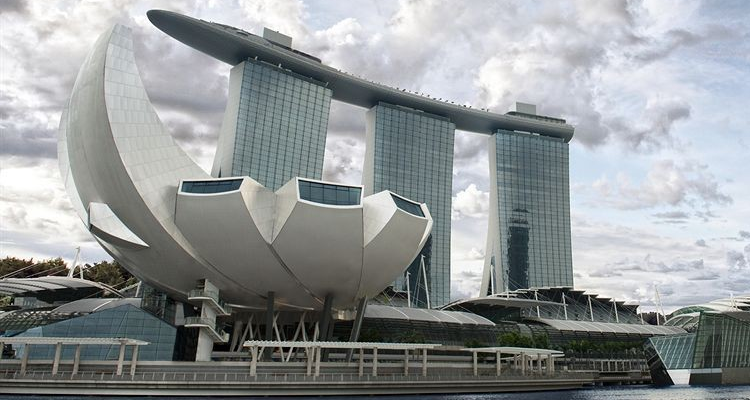The head of Singapore’s casino regulator has called on contemporaries from across the globe to work together in order to better address the threats posed by trans-national crime and the challenges presented by the fast-changing sector.
Lee Tzu Yang, Chairman for the Casino Regulatory Authority Of Singapore, made his plea during last week’s fourth-annual Singapore Symposium On Casino Regulation And Crime, which welcomed over 170 participants from 16 agencies spread across eleven jurisdictions to seminars covering topics including regulatory enforcement and supervision, technological developments in the gaming industry and social safeguards.
“The industry is dynamic and continues to change,” said Lee. “Asia continues to be a source of growth for the industry. While many Asian countries plan for legislation, the entities they seek to regulate are often part of larger regional or international organisations, which are already operating in other jurisdictions.”
Lee declared that the sharing of experiences will help to alert regulators “to the changing modus operandi of criminal behavior” and allow authorities to “take action” by putting in place controls that ensure “there is no illegitimate exploitation of the casinos”.
“Casinos are cash-intensive businesses that operate 24-hours-a-day with a high volume of different transactions taking place including financial activities such as money exchange, money transfers, cashing of checks and so on,” Lee told those assembled. “These have associated risks such as money laundering, terrorism financing, illicit flow of funds and syndicated cheating.”
Although Lee stated that there is no one-size-fits-all solution to the issues facing gaming jurisdictions with authorities needing to “tailor strategies to be relevant to [their] own needs”, he proclaimed that regulators “can better learn and adapt through discussions with like-minded counterparts”.
“Developments on the part of regulators include concerns about money laundering and transnational crime,” said Lee. “In some countries in Asia, we have seen moves to initiate new or revise existing legislation. There are many potential concerns from having casinos. We know that the presence of casinos will likely increase the incidence of problem gambling in society and resulting social issues and give rise to potential for criminal exploitation and dishonest gaming. In Singapore, we take this carefully into account in the work of [the Casino Regulatory Authority Of Singapore].”
Singapore issued a casino license to operator Genting Singapore for its Resorts World Sentosa development in 2007 with the $4.9 billion integrated resort opening in January of 2010. The venue was joined three months later by the $5.9 billion Marina Bay Sands hotel and casino from Las Vegas Sands Corporation while both will see the exclusivity period for their licenses expire next year.



